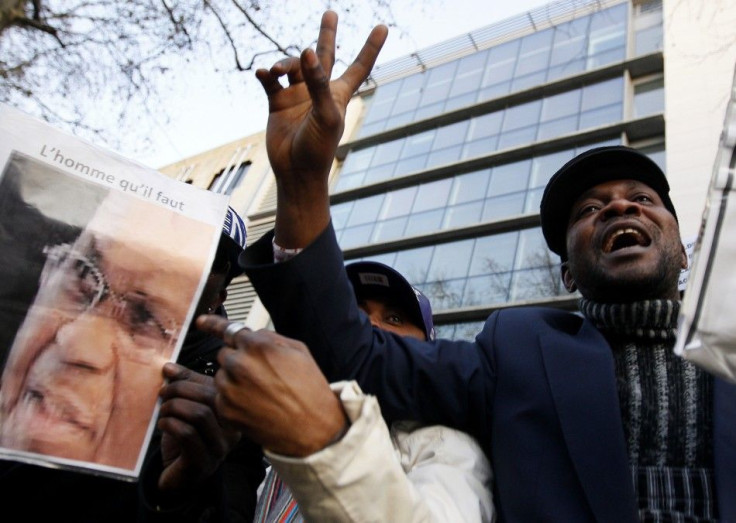Congo Swears in Kabila as President; But Opposition Claims Victory

Joseph Kabila has been sworn in as president of the Democratic Republic of Congo for another five-year term amidst accusations from the opposition and some international observers that he regained his power through voter fraud and intimidation in the recent national elections.
Indeed, his principal opponent Etienne Tshisekedi has declared himself the true winner of the disputed poll and has asked Congolese security forces to defect to his side. He has however stopped short of calling on his supporters to stage mass protests.
In a speech over the weekend, Tshisekedi asked people not only to retain their calm and serenity ... but also to create the climate of confidence that investors are looking for.
However, Tshisekedi, who is planning his own inauguration on Friday, declared he would pay a “very large reward” to anyone who brings Kabila to him “tied up,” according to reports.
Kabila, who has ruled DR Congo since 2001, took the presidential oath which calls on him to “safeguard national unity and allow himself to be guided only by the general interest and the respect of human rights.
Already Congo has witnessed bloodshed over the disputed election, with security forces shooting and killing angry opponents of Kabila, particularly in the capital city of Kinshasa, where Tshisekedi is popular.
Kabila has deployed police and security officers across Kinshasa and the eastern Limete region (another opposition stronghold) to prevent any further disturbances.
It's for the people that these tanks are there, government spokesman Lambert Mande told a local radio station on Monday.
It's to help their ease of movement and to protect important visitors.
Kabila faces problems outside Congo as well – many foreign observers do not believe his claim to the presidency is legitimate and will likely seek to isolate him further. Indeed, the only prominent foreign dignitary who attended his inauguration was Zimbabwe President Robert Mugabe, himself a pariah in much of the world.
Didier Reynders, the foreign minister of Belgium, Congo’s former colonial master, boycotted the inauguration.
Theodore Trefon, an analyst and expert on Congo, wrote in a column for BBC that “Europe and the U.S. have relatively little leverage over President Joseph Kabila because DR Congo has the natural resources that the world needs”
Trefon added: “Reynders' position is a slight embarrassment to Mr. Kabila but doesn't really count for much.”
© Copyright IBTimes 2025. All rights reserved.




















